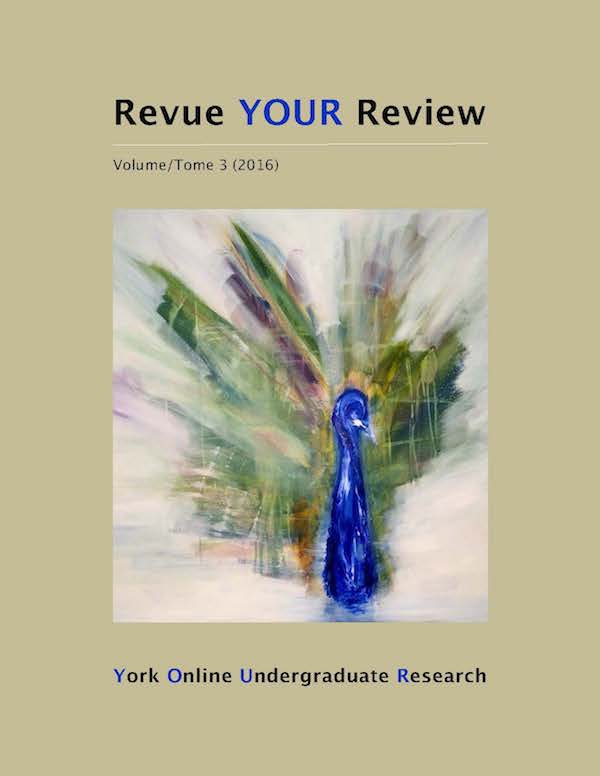Faith-Based Non-Governmental Organizations: Motivations and Impacts
Résumé
Non-governmental organizations (NGOs) are often seen as the best way in which to pursue development, and are commonly thought to be objective third parties in international relations. However, NGOs are far from objective parties, and have private agendas they seek to pursue. This paper explores the growing role of faith-based NGOs in developing nations through a literature review of relevant sources. The definition of a faith-based organization is examined in terms of the aid given and how it is distributed. Examples of the various roles of faith-based NGOs, whether in working closely with local peoples to deliver more efficient aid, or in situations where the distribution of aid was impacted based on religious views of those in need. Special consideration is given to the ways in which faith-based NGOs impact the HIV/AIDS crisis in Uganda and Kenya, as religious beliefs may come into play in determining which forms of prevention may be used. The need for new and better methods of development is discussed, through consideration of post-development theories in determining what is development and how to pursue it, and how these theories impact faith-based NGOs.Téléchargements
Comment citer
Numéro
Rubrique
Licence
Les auteurs qui contribuent à la Revue YOUR Review acceptent de publier leurs articles selon une des trois catégories de la licence 4.0 : Creative Commons Attribution 4.0 International; Creative Commons Attribution-Pas d'Utilisation Commerciale 4.0 International; ou Creative Commons Attribution-Pas de Modification 4.0 International. Tout contenu éditorial de ce site ainsi que les affiches et les résumés sont sous la licence Creative Commons Attribution-Pas de Modification 4.0 International. Pour plus d’informations, veuillez voir :
https://creativecommons.org/licenses/
Dans tous les cas, les auteurs conservent leurs droits d’auteurs et concèdent à la Revue YOUR Review le droit de première publication. Les auteurs peuvent, par la suite, conclure d’autres accords de distribution non exclusifs de la version publiée dans ce périodique (par exemple, l’afficher à un dépôt institutionnel ou le publier dans un livre ou dans un autre périodique) à condition que la reconnaissance fasse mention de la publication originale dans la Revue YOUR Review.


